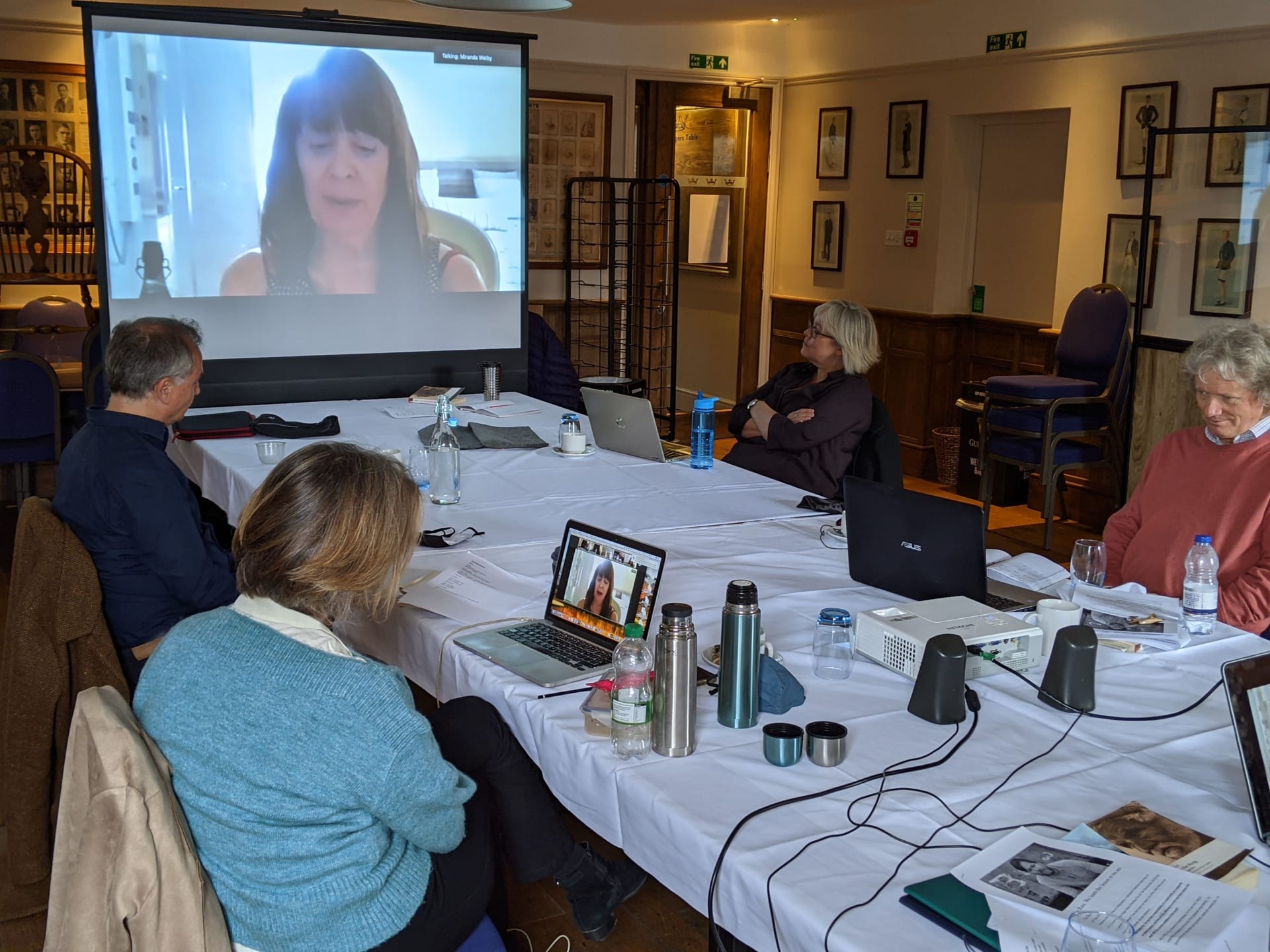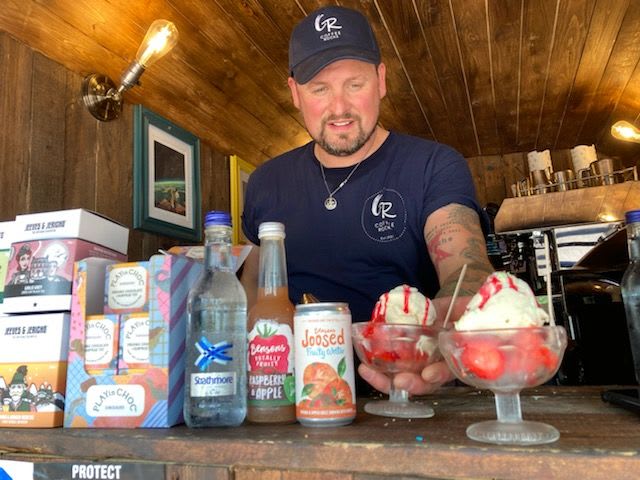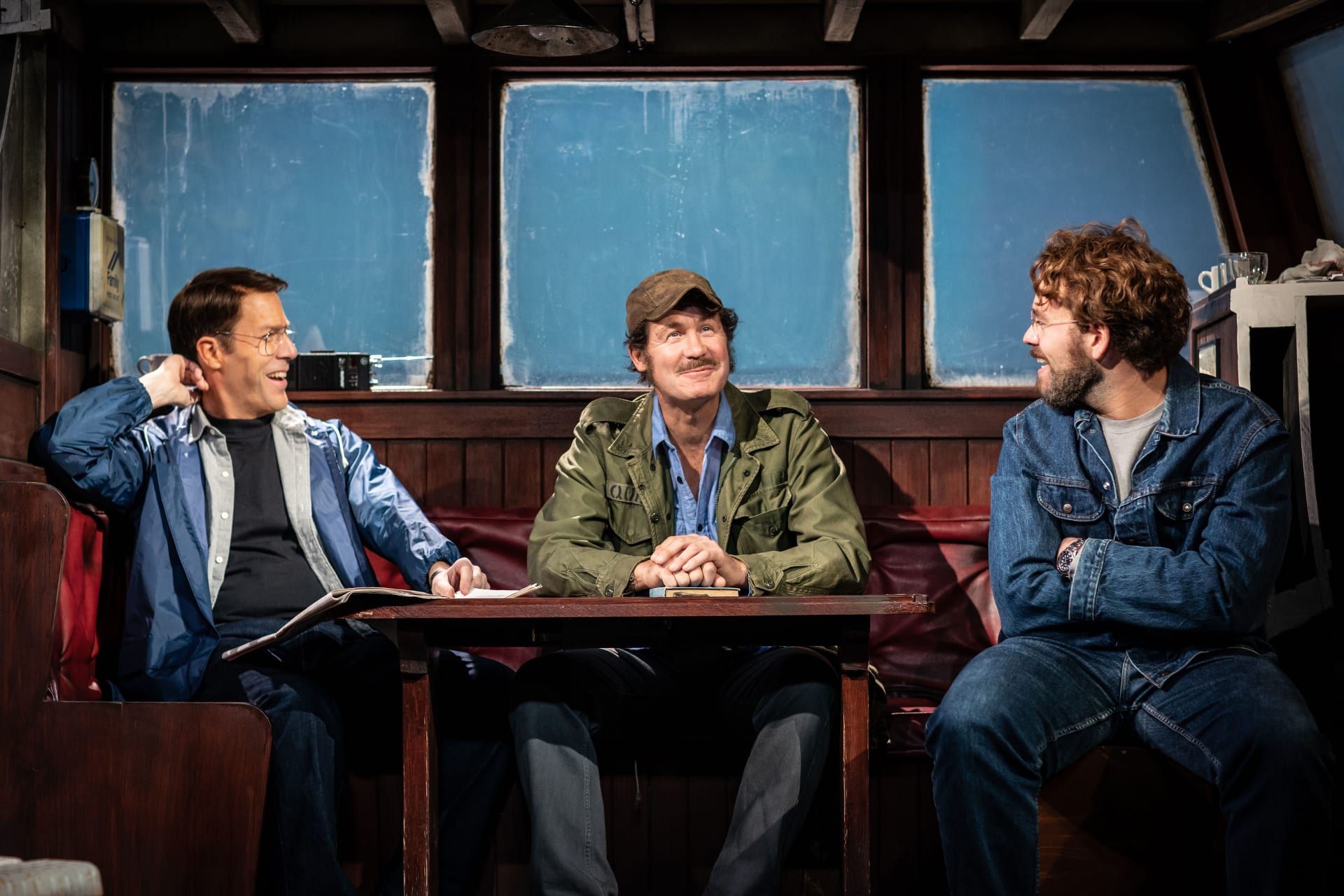The learning opportunities Oxford offers are legion, and it’s not simply the universities which attract and inspire students. This Autumn – after a Zoom-hiatus – Olivier award-winning writer and director John Retallack’s exemplary Playwriting Courses are back at Vincent’s Club in central Oxford.
John Retallack may be familiar to some Oxfordians as Artistic Director of the Oxford Stage Company at the Oxford Playhouse (1989-99), or perhaps you may know him as Associate Director of the Bristol Old Vic (2010-13) where he is still an Associate Artist. His work as a Director has seen him work with productions the world over, including America, Japan, India and across Europe. In addition to helping others find their writing voice, he is currently writing The Splash, (inspired by Albert Camus’ novel The Fall). In October 2019 he gave a reading of the opening act at Worcester College where he is presently the Royal Literary Fund Visiting Fellow. He has written 12 original plays, most recently Hannah and Hanna in Dreamland, and has also adapted and directed works including Junk by Melvyn Burgess (1998) and The Plague by Camus (2000).
He led the Writing for Performance course at Ruskin College, Oxford (2013-17) where he initiated Ruskin Theatre Platforms, and, in collaboration with the Playhouse, staged a number of readings to popular acclaim.
Writer, Jo Watt, explains how the Playwriting Course is emerging from lockdown stronger than ever.
I press the buzzer by the blue door marked Vincent’s Club on King Edward’s Street. I give my usual response ‘Playwriting, please’ and I’m in. I resist the temptation to use the lift and climb up three flights of stairs to the spacious room overlooking the High Street that points to the Radcliffe Camera and the spires beyond. Six aspiring playwrights are assembling, ready to discuss the latest show, the plays they’ve read, their writing. They’ve come from far and wide, such is the draw of John’s course. There’s an energy, a desire to articulate ideas, an awareness that time is precious, that the day will pass in a twinkling and it’s important to make the most
of everything available to us – John’s expert teaching, lively debate, feedback on each other’s work. It’s important to infuse the creativity
in the room – the soul food that must sustain us until our next meeting. Maybe a visiting playwright is also dropping in today, someone whose success can shed some light on our work, pinpoint a technique, unravel a mystery, show us the way. It all feeds into the buzz.
Then the pandemic hits. The lights go off, theatres go dark, the meetings stop, and secretly we wonder who we’ve got left to write for. Is
it enough to write for ourselves? How can we function without the collaboration? How can we keep learning? And while I’m busy panicking and planting veg, John is quietly setting up
a Zoom operation that will keep the heart of the course beating. And so we go online and without thinking, we carry on writing. We miss seeing the whites of each other’s eyes, but it works. We can still learn, we can still talk, and we can still write.
And as the relief settles, we realise something fundamental has happened. Something that will affect what we write and how we write because lockdown is devastating for so many practitioners and companies and venues. A line has been drawn in the sand for theatre. And gradually we adapt our practice and create work for smaller casts: two handers, monologues, radio plays. And we understand the need to re-invent but remain true to ourselves and all the time we’re wondering what theatre can be now and what is our place in it. But we carry on reading great plays that inspire us to keep writing and we carry on meeting on Zoom.
And then one day we get the green light to go back to Vincent’s Club and I can’t believe I’m standing by the blue door and pressing the buzzer. It’s eighteen months later and I’m back in the room although not everyone is there; some are continuing on Zoom. And John and the Vincent’s crew have erected a technical hub
in the spacious room so that we can be safely distanced but still see the whites of each other’s eyes, and now there’s a screen at one end with life-size images of our Zoom colleagues and
it’s like they’re in the room. And it takes five minutes and some hilarity to iron out the issues with microphones and sound relay but then we’re off. We’re all in the Zoom meeting but some of us are in the room and it works. The hybrid works.
And John is delighted because he realises that this is the way forward. Until the world is properly back on its axis, this is the way to accommodate the varying needs of all his students and allow them to access the meeting in the way that best suits them. And we look back and realise that we didn’t miss a beat, that it was good for us to have to think outside the box and that this whole experience of writing has been what kept us going all this time. And we realise we’ve sustained the momentum necessary to have something to say as theatre slowly but surely gets back on its feet for the next chapter in its unimaginably vibrant history.
Oxford Playwriting offers three Oxford-based courses for aspiring professional playwrights. No formal qualifications are required, just a flair for writing. The year-long courses are open to anyone over the age of 18 and there are three levels: Foundation, Intermediate and Advanced. Each offers the opportunity of a Performance Workshop in which professional actors, directed by John, perform extracts of the writers’ work to an invited audience.
For information or to book in for a free Taster Day, visit oxfordplaywriting.co.uk.









